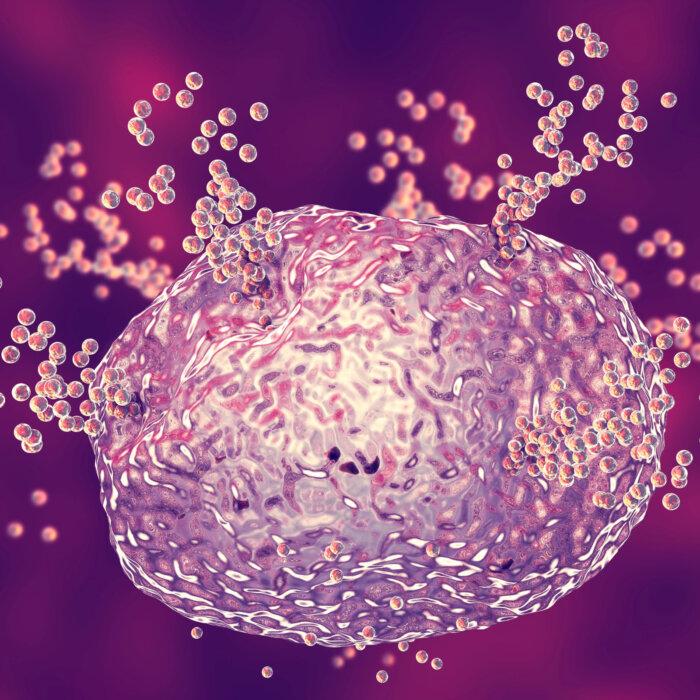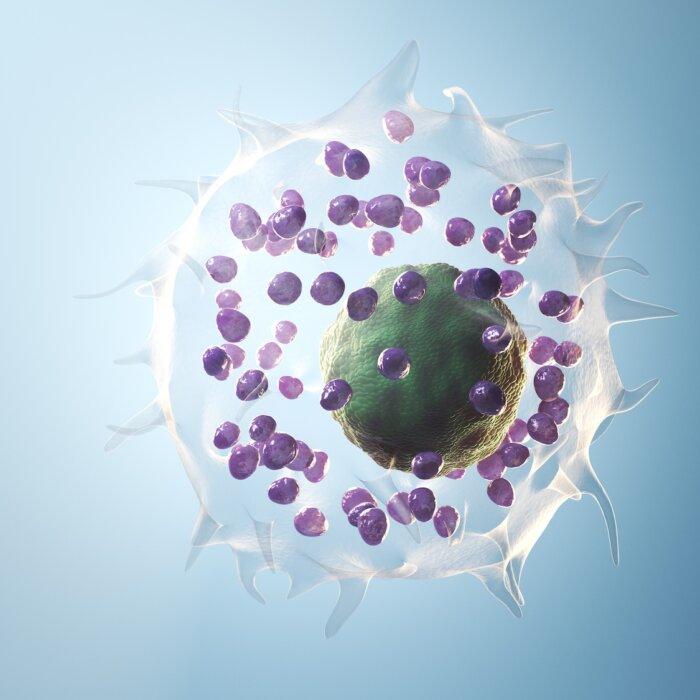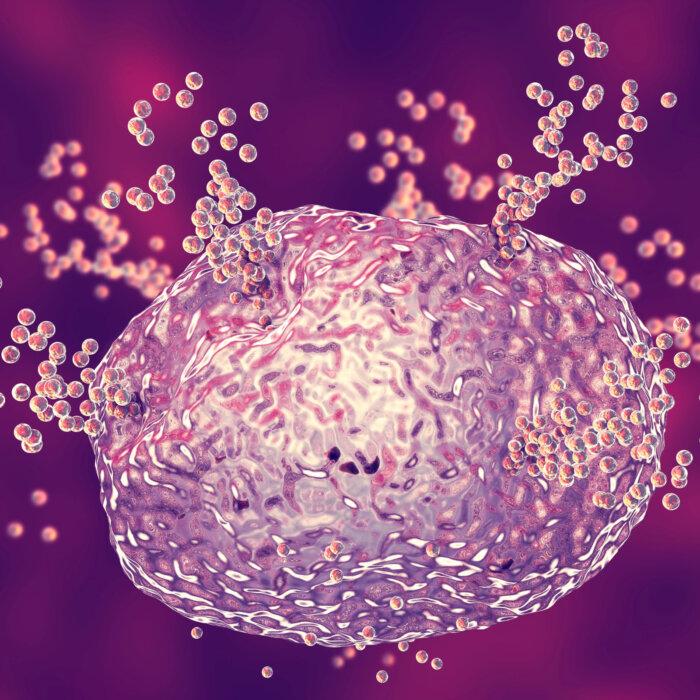In parts one and two we discussed various bits and pieces of treatment options. Now, we'll take a deeper dive into treatment strategies to consider.
As always, it’s important to remember that MCAS is a complex and nuanced condition. There are no “one-size-treats-all” methods for healing. Therefore, it is always best to work with a skilled clinician.
3 Parts to Healing
There are three main parts of the healing process required to heal from mast cell activation syndrome:1. Calm the Nervous System
This matters because there are mast cells at every single nerve ending in the human body. If you are suffering from Lyme disease, chronic stress, or something like mold toxicity, then your nervous system is on overdrive—signaling to the mast cells that you are in danger and the defenses need to go up.2. Calm the Mast Cells
If you work with a practitioner, they may recommend H1 and H2 blockers. However, if the root cause isn’t addressed, these blockers are simply putting a Band-Aid on the problem. We will discuss some natural supplements to consider shortly.3. Identify and Uproot Potential Triggers
It’s extremely important to first identify the root cause, and then remove all of the many potential triggers such as:- High histamine foods
- Environmental toxins: food, household chemicals, beauty products, etc.
- Mold
- Pathogens
- Medications
- Heavy metals
- Stress
Abide by a Low Histamine Diet
While histamine is not always the main problem in those with MCAS, it’s an extremely common issue and therefore one of the first things to consider in healing. It’s important to keep histamine levels under control. We discussed a low histamine diet in part two—for a quick recap, that means avoiding high-histamine foods such as:- Fermented foods (sauerkraut, kimchi, kefir, yogurt, etc.)
- Aged meats and cheeses
- Citrus
- Tomatoes
- Chocolate
- Wine
- Leftover foods
- Unaged beef
- Pasture-raised poultry
- Blueberries, blackberries, raspberries
- Leafy greens
- Broccoli, cauliflower
- Carrots
- Coconut oil
- Fresh herbs
Supplementation
Working to stabilize mast cells is a significant piece of the puzzle in MCAS resolution. This often means supplementing with various mast cell stabilizers and antihistamines including (but not limited to):- Diamine oxidase (DAO) is the body’s primary enzyme responsible for degrading histamine. Many people are deficient in this enzyme due to environmental factors and genetics. Supplementing with DAO decreases the histamine levels within the gut so less histamine enters the bloodstream.
- Vitamin C, or ascorbic acid, works to reduce histamine levels in the body. Supplementing with higher doses of vitamin C can significantly reduce histamine levels in a relatively quick amount of time.
- Quercetin is an antioxidant flavanol that stabilizes mast cells by inhibiting the release of histamine, prostaglandins, and leukotrienes.
- Bromelain can reduce the amount of degranulated mast cells within the body.
- Resveratrol can inhibit IgE allergic responses and pro-inflammatory cytokines associated with MCAS.
- Curcumin is a potent anti-inflammatory that has been shown to inhibit the degranulation of mast cells.
- Probiotic strains such as Bifidobacterium bifidum, Bifidobacterium breve, Bifidobacterium infantis, Bifidobacterium longum, Lactobacillus plantarum, Lactobacillus salivarius, and Saccharomyces boulardii.
Low-Dose Naltrexone
By upregulating the body’s levels of endorphins, low-dose naltrexone (LDN) has been shown to help restore order to mast cells and promote proper immune function. Many have found LDN to be a restorative medication and often notice a significant reduction in symptoms such as depression, brain fog, anxiety, nausea, fatigue, headaches, dizziness, allergy symptoms, etc.Get Proper Sleep
This point may seem obvious, but sleep may be the most profound immune system modulator there is. Our bodies need rest to heal. Prioritize sleeping on a regular schedule each night. Aim to get a minimum of seven—and ideally eight to nine—hours of sleep per night, and try to do so at the same time each night to help your body prepare and expect to sleep.Support the Gut
A thriving microbiome is foundational to a healthy immune response. When the gut microbiome is out of balance, this can affect the release of histamine. Eating a non-inflammatory diet full of collagen-rich proteins and broths along with a diverse spectrum of plant fibers will support gut health. In addition, supplementing with high-quality probiotics will contribute to a flourishing microbiome.Manage Stress Levels
Everyone deals with stress differently, but we all experience it in some form or another. We are living in an increasingly stress-laden world, and often people are not aware of the effect that stress has on their everyday lives. Stress may be one of the biggest contributors to mast cell activation syndrome. It’s important to take note of what areas of stress you are experiencing in your life, whether that is with relationships, work, finances, etc., and take steps to make changes and reduce stress wherever possible.Address Emotional Trauma
Of course, emotional trauma is a huge subject to tackle and not an easy one for many to delve into. However, it is an important piece of the MCAS puzzle. Mast cells, the limbic system, and the vagus nerve work together to protect the body. If the body is storing past emotional trauma, this can be a significant contributor to your mast cells’ not functioning properly.A Starting Point
The subject of mast cell activation syndrome is incredibly complex and there is more than we can cover here, but I hope this series has provided a starting point to address the root cause of symptoms you or a loved one may be experiencing.Many who suffer from MCAS feel alone and misunderstood. Well-meaning, but ill-informed practitioners tell them their symptoms are in their head, or simply recommend taking an over-the-counter histamine blocker, which is only a short-term solution to potentially reduce uncomfortable symptoms. Please know, these symptoms are not in your head—and you are not crazy. If you don’t get answers from your current practitioner, continue searching to find someone who will believe you, seek to understand you, and help you to find the answers. Though it will take time, there is hope and healing to be found.








